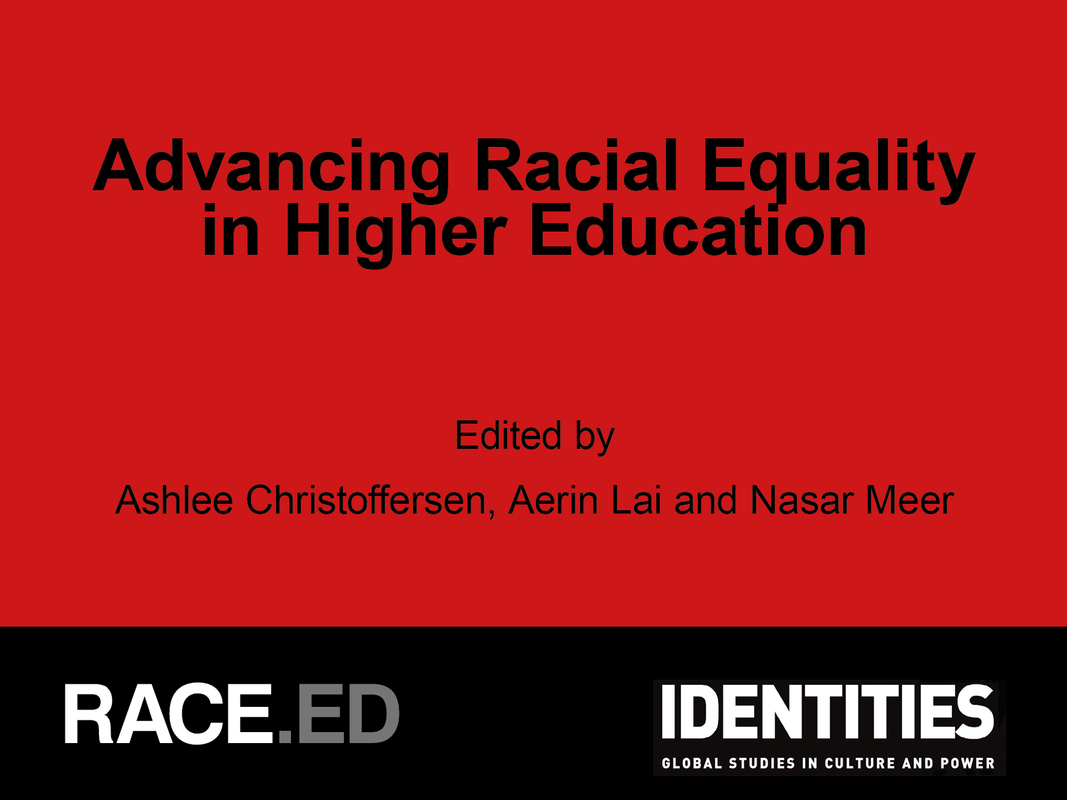|
|
|
Blog post by Hamdullah Baycar, University of Exeter, UK
‘It kind of makes me feel like Batman or Superman. You can say the things you want to say with your own voice and your own style’, said Malcolm Bidali, a Kenyan security guard employed in Qatar, regarding his activism about labour conditions on social media. His activism led to his detention in 2021. The incident gained significant public attention, and 240 Qatar Foundation students, alums, faculty and staff signed a petition asking for his release.
Two days after the petition, even Qatar's state-owned media, Al Jazeera, was involved in the debate and ran with the headline, ‘Concerns over Qatar's arrest of a Kenyan security guard’. Thus, the digital sphere, which initially caused his detention, ultimately became the tool that freed him. Although Bidali's case cannot be considered representative of the entire Gulf region and is not directly related to the UAE, it does demonstrate the power of social media and the digital sphere, even in supposedly autocratic states.
0 Comments
Blog post by William Shankley, University of Nottingham, UK
Nearly twenty years have passed since the expansion of the European Union (EU) led to the significant movement of Polish citizens to the UK. Despite the UK's subsequent departure from the EU, Polish migration assumes a prominent place in the country's migrant diversity. Belonging is a crucial aspect of migrants' lived experience in another country, and previous studies on Polish migrant belonging in the UK have primarily focused on the neighbourhood context as this is contested, resisted and reshaped. Additionally, the majority of existing research has predominantly concentrated on Polish migrants' belonging among those working in low-skilled industries, which was the dominant occupational position most Polish migrants entered into. Nonetheless, Polish migrants' entry into a range of workplaces after their migration offers an equally important site in which to examine their belonging. Furthermore, there has also been a lack of research into Polish migrants working in professional occupations and their belonging at work.
Blog post by Ashlee Christoffersen, Aerin Lai and Nasar Meer, University of Edinburgh, UK
RACE.ED and Identities: Global Studies in Culture and Power have published a new collection of essays exploring racial justice work in higher education, titled Advancing Racial Equality in Higher Education. The collection follows on from the event “Racial Equity Work in the University and Beyond: The Race Equality Charter in Context”, which explored what racial equality means in higher education and was organized following publication of the report of a large-scale review of the Race Equality Charter. Advance HE’s Race Equality Charter (REC) is a UK wide programme that began in 2016 aiming to improve the representation, progression and success of Black, Asian and minority ethnic staff and students[i] within higher education. REC is one tool for addressing racial injustice in higher education institutions. |
|
Explore Identities at tandfonline.com/GIDE |
|
The views and opinions expressed on The Identities Blog are solely those of the original blog post authors, and not of the journal, Taylor & Francis Group or the University of Glasgow.



